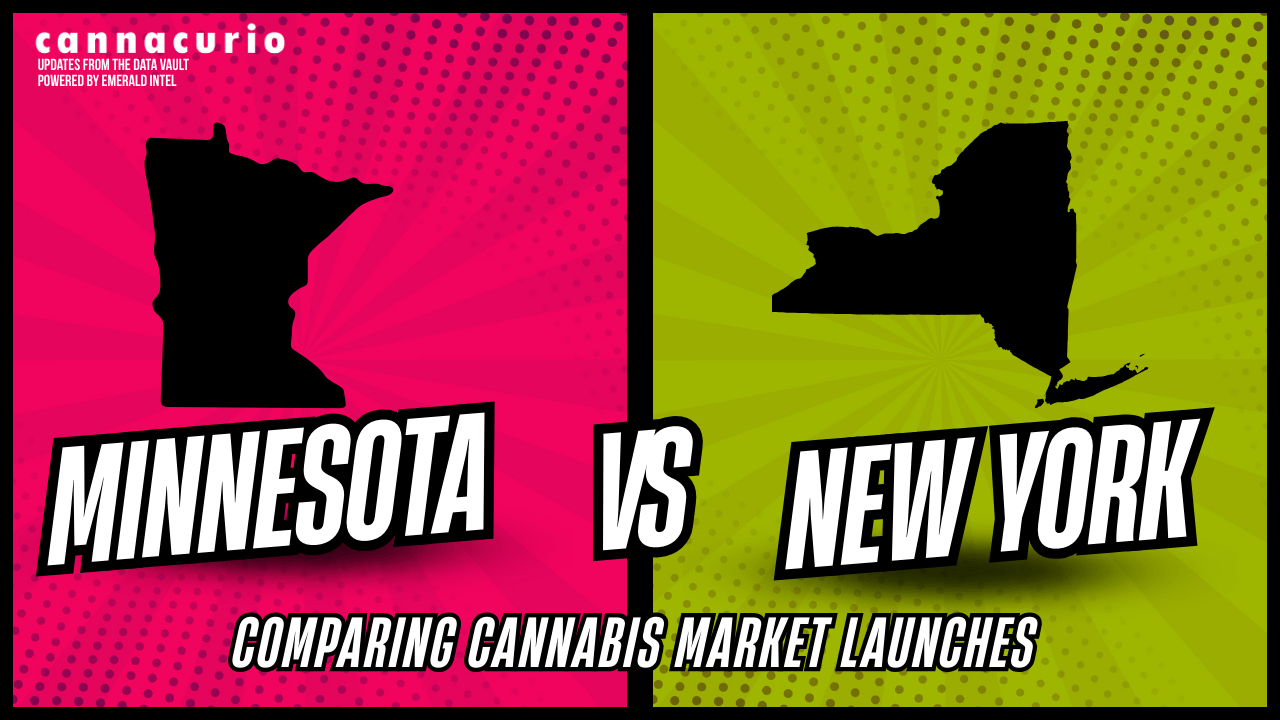
Washington State Brings in $23.5 Million in Marijuana Excise Taxes in July
In the state of Washington, marijuana sales are growing faster than ever. During July, Washington collected a record-setting $23.5 million in excise taxes. That’s a 17.5% increase from the $20 million collected in June. Since 2014, the state has brought in $273 million in excise taxes.
Those statistics come from 502data.com via Washington’s Bellingham Herald, and they paint an interesting picture. According to the data, total marijuana sales in the state have exceeded $1 billion since 2014, and the huge jump in sales during July is being attributed to the state’s closing of its medical marijuana dispensaries on July 1st. At that time, the state merged its medical and recreational marijuana programs, and as the data shows, retail sales jumped. As a result, tax revenue for the state jumped, too.
Recreational Marijuana Taxes
With its 37% excise tax, Washington has the highest tax rate of any state where medical or recreational marijuana is legal. According to data Cannabiz Media is collecting for its upcoming state-by-state marijuana economy report, the next highest excise tax on recreational marijuana is charged in Colorado (15%) followed by Alaska ($50/ounce). Neither Oregon nor the District of Columbia charge excise taxes.
States also generate sales tax revenue that is charged directly to consumers from recreational marijuana sales. In Washington, the sales tax on marijuana is 6.5%, which is considerably lower than the recreational marijuana sales tax in Oregon (17%) and Colorado (12.9%) but higher than the tax in Alaska (5%) and the District of Columbia (no sales tax charged).
Separate Medical Marijuana Taxes
Since Washington merged its medical and recreational marijuana programs, the 37% tax applies to all marijuana sales. Other states that have legalized recreational marijuana keep both industries separate and some charge different taxes for each. For example, Colorado doesn’t charge an excise tax on medical marijuana sales.
Among states that have not legalized recreational marijuana, only three states charge an excise tax (Illinois at 7%, Nevada at 2%, and New York at 7%). For medical marijuana sales tax, the rates range from 0% to 8.8675% (in certain areas of New Mexico). Other states with high sales tax rates on medical marijuana are California (7.6% plus local taxes) and Nevada (6.85% plus local taxes).
In addition, several states charge other taxes such as an edibles tax of 7% in Maryland and a gross receipts tax in Delaware.
Washington’s Taxes Compared to Other States’ Taxes
Clearly, Washington’s excise tax is high in comparison to other states’ excise tax rates. Considering that excise taxes are usually included in the price of the product, the high tax rate in Washington could definitely affect consumers’ abilities to purchase marijuana legally. In other words, high excise taxes that inflate the price of legal marijuana to consumers will likely cause demand to decrease. Ultimately, the entire industry could be negatively affected.
Need more insights?



.png)